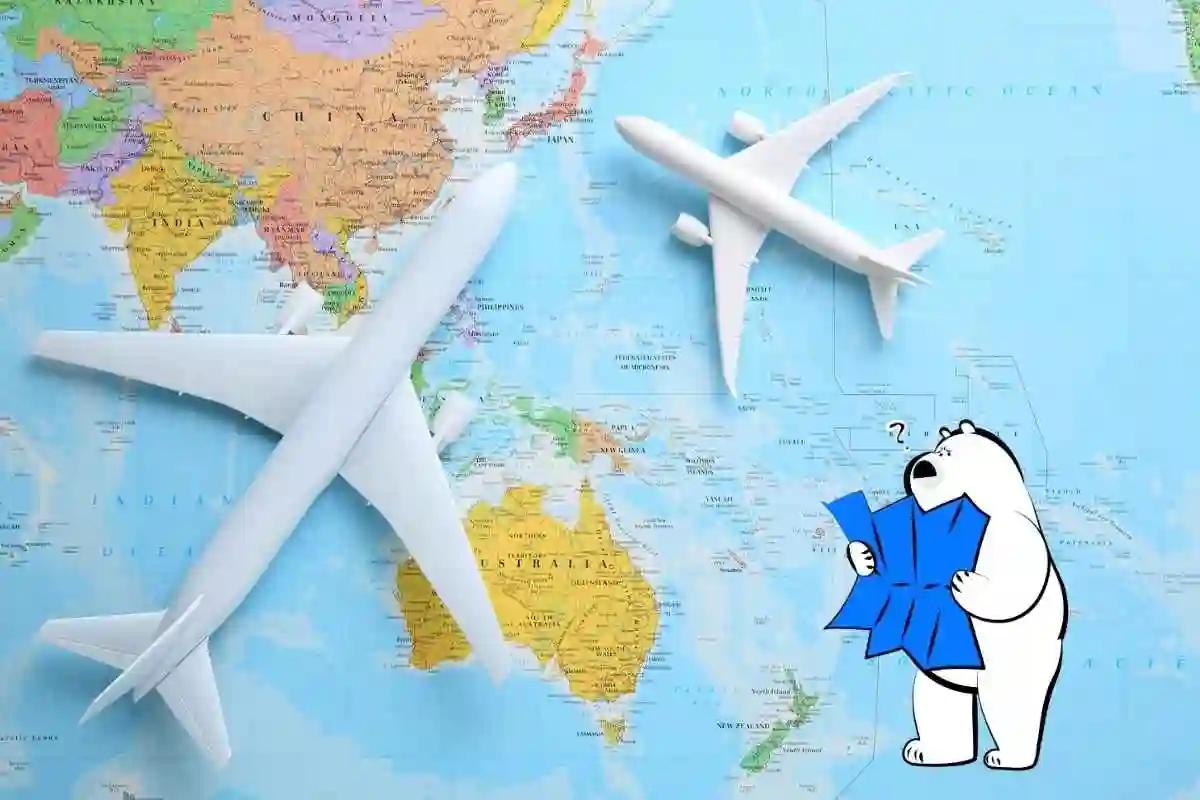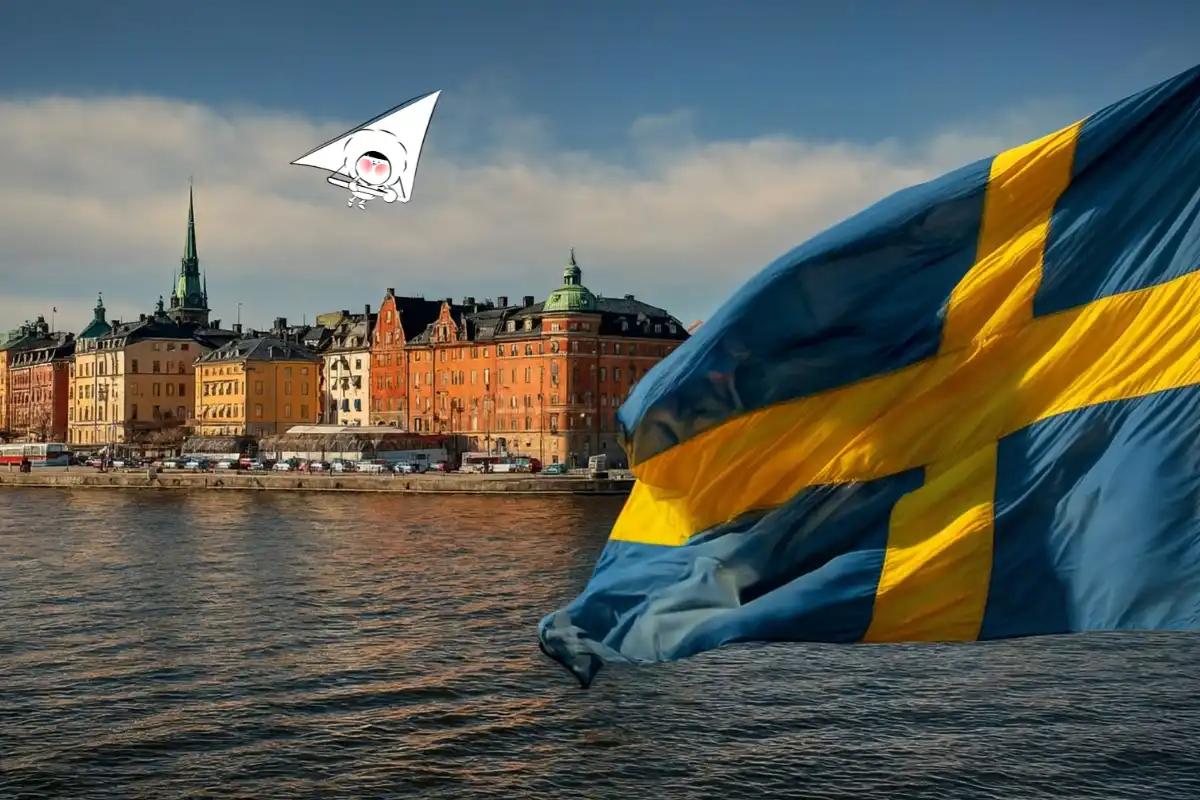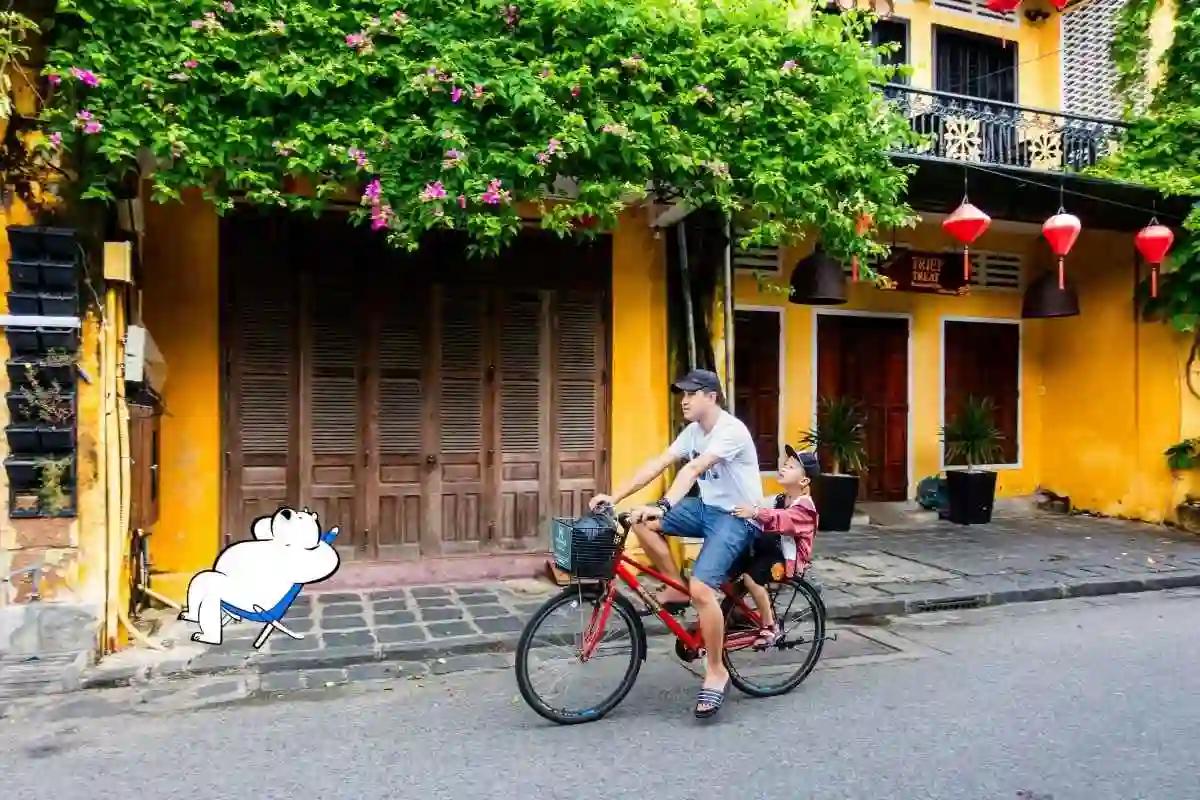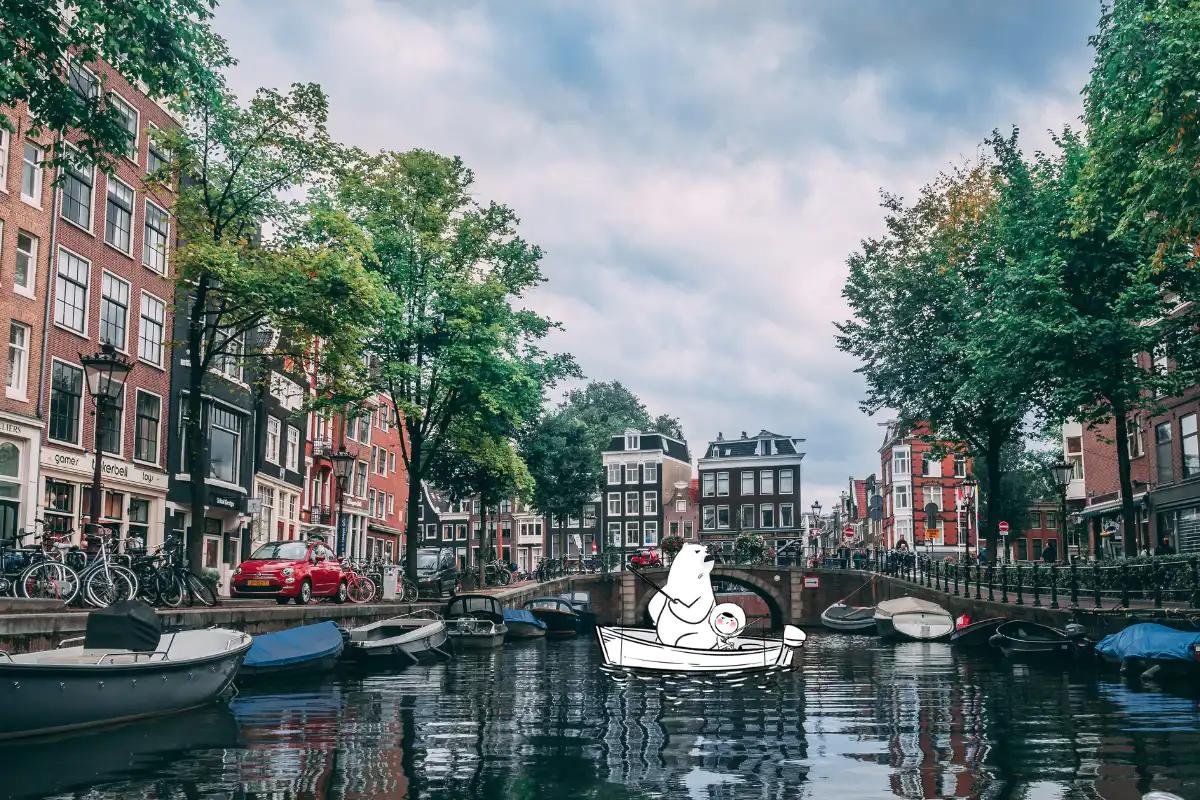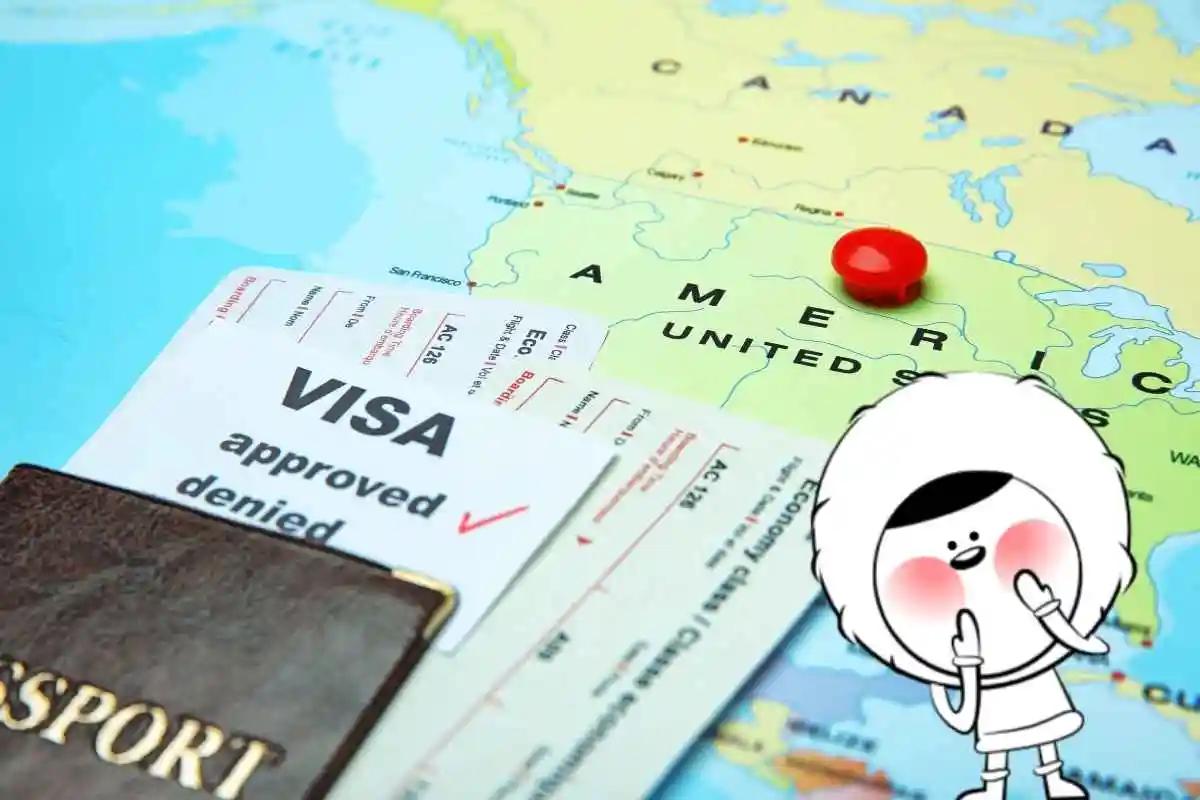
What Is the Hardest Visa to Get
What Is the Hardest Visa to Get?
When people ask which visa is hardest to obtain, there’s no single answer. It depends on nationality, purpose of travel, and immigration policies. But several visas are universally acknowledged for their difficulty due to strict criteria, low approval rates, or extensive requirements.
Visas That Are Especially Difficult to Obtain
Some countries are far more challenging to secure a visa for, due to complex rules, opaque systems, or political sensitivities. The following are among the hardest visas to get and why that’s the case.
Countries and Why Their Visas Are Hardest to Obtain
- Russia
Requires a formal invitation or visa support letter, full travel itinerary, confirmed accommodation, detailed travel history, medical insurance, and sometimes even HIV test certificates. Bureaucratic hurdles are intense. - North Korea
Only accessible through state-approved tour operators. Independent travel is not permitted and the process is tightly controlled. - Iran
Requires a verification code before submitting an application. The entire process is controlled by the Ministry of Foreign Affairs, making it slow and unpredictable. - Eritrea
Requires a sponsor to submit an application to the Eritrean Immigration Authority and often additional permits to travel outside the capital. - Turkmenistan
Requires a letter of invitation issued only by the Ministry, mandatory guided travel, with high rejection rates for invitation letters. - Yemen
War and instability make visits nearly impossible; visas are rarely issued and require significant pull. - Syria
Ongoing conflict means you need local sponsorship. Security vetting is rigorous, and citizenship from certain countries may result in outright denial. - Saudi Arabia
Historically restricted, especially for casual tourists. Some nationalities still face difficulties despite newer visa initiatives. - Chad, Bhutan, Western Sahara, Somalia
Also consistently ranked among the hardest countries for visa issuance due to political instability, limited infrastructure, or non-existent tourism infrastructure.
Why These Visas Are So Difficult
Here’s what generally makes these visa processes especially tough:
- Extensive documentation
Many require detailed travel history, invitation letters, financial proof, comprehensive itineraries, and sometimes special health clearances. - Centralized & opaque systems
Approval paths often go through government bodies (like Iran’s MFA) with little guidance or status updates. - Sponsorship or agency reliance
For countries like North Korea and Eritrea, you often cannot even start your application without a designated sponsor or official agency. - Permits beyond the visa
In some countries (e.g., Eritrea), getting a visa is only the first step; you may still need individual permits to travel within or attend events.
Tips & Tricks for Improving Visa Approval Odds
1. Start Early and Stay Organized
Prepare documents months in advance. Destinations like Eritrea, Russia, and Yemen often require extra time for processing and approvals.
2. Gather Strong Supporting Documents
Include detailed itineraries, flight bookings, accommodation confirmations, invitation letters, proof of finances, insurance documents, and, in some cases, medical tests. Clear, organized documentation reduces hesitation from consular officials.
3. Use Trusted Travel Agencies or Sponsors
Countries like North Korea and Turkmenistan require official tour operators or invitations. Only go through recognized agencies or verified sponsors.
4. Clarify and Comply with Special Conditions
Know the nuances. Saudi Arabia may require male guardian consent, some countries require letters of invitation or special permits, and Russia demands exhaustive travel histories.
5. Follow All Steps Exactly
Mistakes or omissions significantly raise the chance of denial. Double-check forms, provide certified translations if required, and always meet legal and procedural standards.
6. Consider Professional Help Where Appropriate
For complex programs like golden‑visas, consult qualified immigration lawyers. Portugal’s Golden Visa now excludes real estate options and has a backlog pushing decisions out to 2030.
Will You Be Able to Get Online Upon Arrival?
When planning to travel, one common concern is whether you can access the internet as soon as you arrive in the destination country. In Indonesia, for example, it is entirely possible to stay connected quickly, especially with modern solutions like eSIMs.
Eskimo eSIM offers a seamless and instantaneous way to get online without the need for a physical SIM card. With Eskimo, you can:
- Buy and activate your plan online before arrival
- Avoid airport queues or local paperwork hassles
- Enjoy fast, reliable data to check visa requirements, track your application, or finalize travel plans
FAQs
Can using a visa service improve my chances?
Yes, especially for places like North Korea, Russia, or Golden Visa programs. Trusted agents and immigration lawyers can guide you through all steps safely.
How long in advance should I apply?
Aim for at least 2–3 months before travel. Some countries require much more lead time. Eritrea, for instance, may involve bureaucratic delays.
Does my nationality affect visa difficulty?
Absolutely. Citizens from certain countries face higher rejection rates or additional scrutiny, e.g., applicants from Algeria face elevated refusals for Schengen visas.







